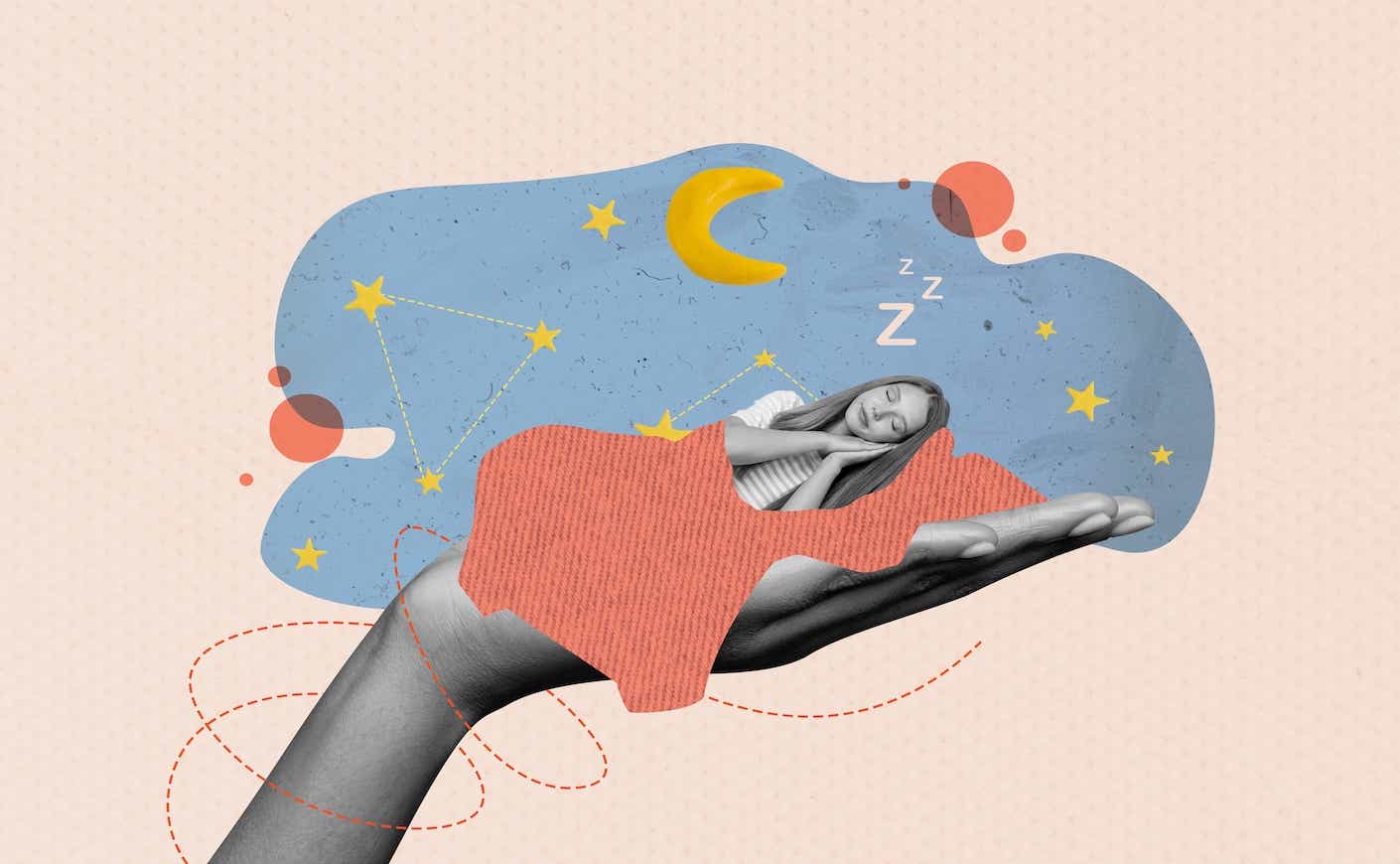As the calendar turns and resolutions flood our consciousness, we're bombarded with promises of transformation: new diets, intense workout plans, and quick-fix wellness trends. But what if the most powerful health revolution doesn't require a gym membership, complicated meal prep, or expensive supplements? What if the key to revitalizing your body and mind in 2026 is something we've been overlooking — something we do every single night?
I'm challenging you to make sleep your most important resolution. While everyone else is counting calories and steps, you'll be counting something far more valuable: hours of restorative, healing sleep that can fundamentally change how your body and mind function.
You might be thinking, I’m too busy to do this. Or you don’t know how crazy my life is as a parent with young kids. Look, I’ve been there, and I get it, I really do. There are seasons in life when we make sacrifices, but as a physician and mom, I’m no stranger to navigating the demanding landscapes of professional and personal responsibilities. But I know for sure that when I prioritize my sleep, I show up as my best self. The science supports this, too.
The American Heart Association recommends that adults aim for 7 to 9 hours of sleep per night, with babies and children requiring even more sleep depending on their age. Fortunately, when we do, studies consistently show that proper sleep creates health outcomes we all want — including decreased stress and improved or stabilized metabolism — and is vital for our mental well-being. The Centers for Disease Control underscores this importance, highlighting that an alarming 1 in 3 adults do not get the recommended sleep each night, which puts individuals at an increased risk for heart disease and other serious medical conditions.
Let’s talk about how to make this happen. The key to any sustainable goal is personalization. In my own life, I do this by creating a routine that works uniquely for me. Good sleep hygiene is about creating a calming environment that tells your brain it's time to relax. I set the mood by dimming the lights and preparing a soothing cup of chamomile tea. These small, intentional choices are simple yet effective ways to signal our brains that it's time to wind down. In addition, I play calming music, which can help you fall asleep faster. Saying goodbye to screens in favor of a book or magazine can make a significant difference. And I can’t forget to mention that, in my family, we don't all go to bed at the same time! We’ve accepted that we each have different schedules and biological rhythms. This approach of honoring what works best for each of us is crucial in developing a sleep routine that will last. I schedule my sleep like I schedule everything else in my life, treating it as a non-negotiable commitment that requires the same level of planning and intentionality as my work or personal goals.
Leading sleep experts recommend maintaining a consistent bedtime routine. When we create a routine, our hormones — particularly cortisol — can be more effectively regulated. This means we can train our cortisol levels to be high in the morning, helping to kickstart our day, and lowest at night, preparing our bodies for restful sleep. Cardiovascular health is intrinsically linked to our sleep patterns, making this consistency even more critical. So, how do we know if we are getting enough?
Technology can be both a help and a hindrance in our sleep journey. Wearables can be incredibly useful for tracking sleep patterns, but it's important to remember that they shouldn't add stress to your life. Choose to take what's helpful and let go of the rest. The goal is to improve your sleep, not to create another source of anxiety. So, if using a wearable is helpful for you, do it. If it creates pressure, find another way to be mindful of how much sleep you’re getting and how you feel throughout the day.
During the middle of the day, you may be overstimulated, feeling rundown, or just needing a break. I encourage you to do whatever serves your body best. Some people love taking a 20- to 30-minute nap to reset and rejuvenate. For other people, myself included, I incorporate more of a mindfulness practice where I allow myself to zone out and pause in the moment. I sit with myself and rest mentally. This practice helps me feel grounded and reset for the rest of the day.
If you aren’t getting enough rest, you may feel tired. But there are other more severe side effects of exhaustion that are harder to pinpoint: Not getting enough sleep significantly increases your risk for serious medical conditions, including heart disease, high blood pressure, depression, and weight gain. By prioritizing sleep, you’re investing in a good night's rest and your long-term health and well-being.
Making meaningful changes in your health starts with a tiny step in the right direction. As we move forward into the new year, I challenge you to make sleep your primary health goal, even if it’s just a few more minutes each night for the next year.









